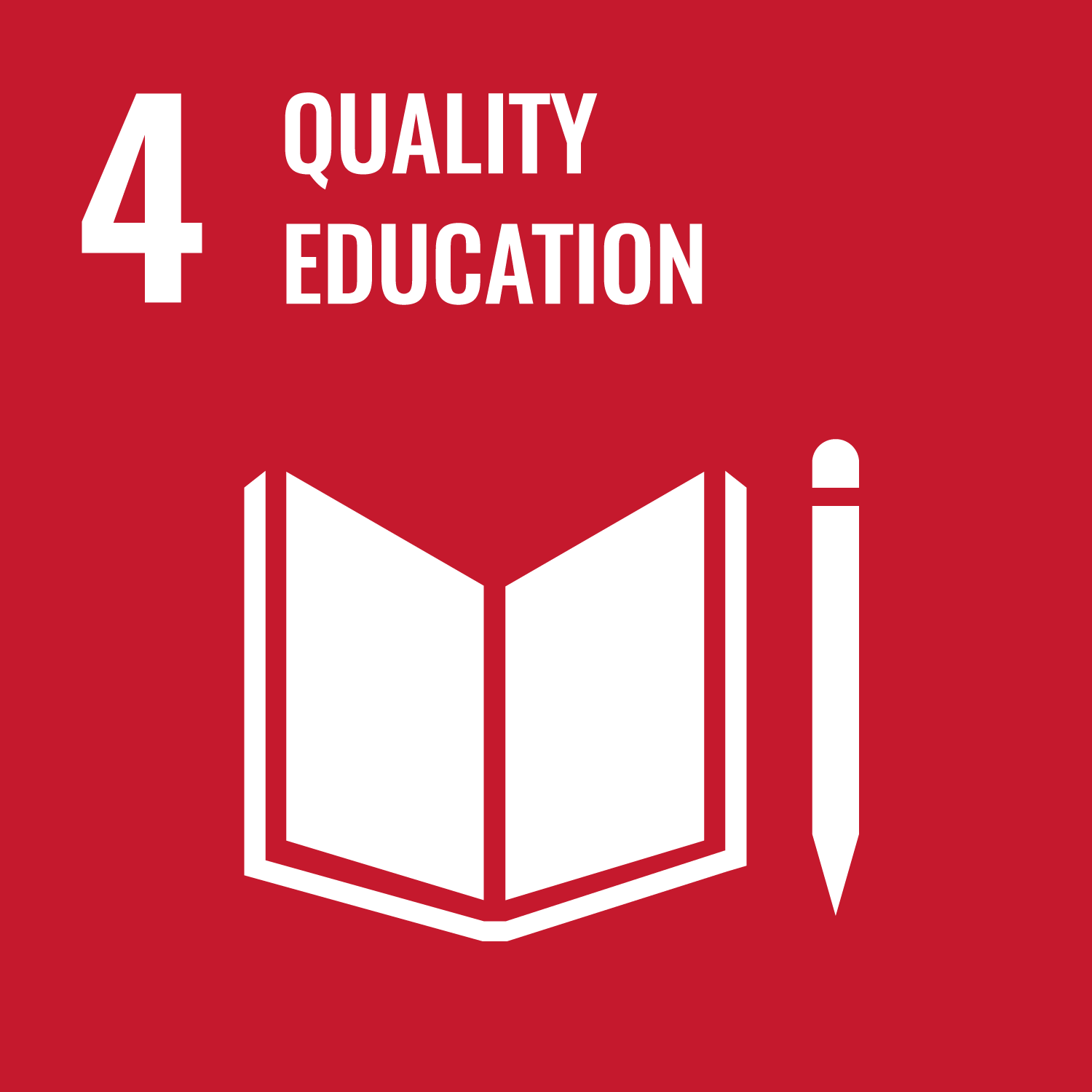How to successfully integrate learning analytics and AI in education?
The two-year research project led by the UOC and Ramon Llull University will study how educational institutions use learning analytics and AI and what science says about themThe objective is to establish general guidelines in order to take full advantage of these disruptive technologies and move further towards the personalization of studies

The irruption of technologies such as learning analytics and artificial intelligence (AI), especially as a result of their generative aspect entering into widespread use, is leading to transformations in various areas, transformations that, being so new, are difficult to measure and steer. Education is one such area subject to this transformation. This is why a team of researchers at the UOC (Universitat Oberta de Catalunya) has decided to study the extent to which these technologies have been implemented in Catalan educational institutions, how they are being used in secondary schools, and how this application can be structured in order to achieve a substantial improvement in the educational process. Those are some of the objectives of the new Integration of Artificial Intelligence and Data Literacy in Education (IADE) research project, led by Marta López Costa, a researcher who is a member of the Smart Classroom Project group in the UOC's Faculty of Psychology and Education Sciences, and Daniel Amo, a member of faculty in the Department of Computer Engineering at La Salle-Ramon Llull University. The project, which is being funded by the Ministry of Education of the Government of Catalonia, aims for researchers from the two universities to obtain results that can be easily extrapolated to other educational or even geographical areas.
"The explosion of artificial intelligence over the last two years creates unprecedented educational and social challenges which require an in-depth understanding and strategic decisions, so studying the possibilities was almost an obligation. But we wanted to go further, and include the potential of learning analytics. We want to ascertain what kind of links there are between these two areas of technology in education, and the opportunities they can offer for a future in which they'll undoubtedly be increasingly integrated into the system," said Marta López Costa, the principal investigator of the IADE project.
The research began last January, and is scheduled to last until February 2026. In the first stage, the researchers will conduct a systematic review of the scientific literature on the combined application of these two technologies in education. "We know that the impact of AI projects and data analytics projects has begun to be studied, but as they are relatively new technologies, they've mainly been analysed separately. We're seeing a lot of research on AI as well as some on learning analytics, but very little research has been done on the synergy between them, and this will make ours more valuable," explained Costa.
The second part of the project will consist of carrying out a field study on the operation of a number of secondary schools in both the public and state-subsidized sectors in Catalonia, with a project to enhance the digitization of classrooms. The aim is to assess competence in data management and to compile pedagogical practices involving generative AI. The project hopes to include contributions from teachers, as well as various experts in the field of technology, pedagogy, administration and humanism, among other profiles.
“The future involves integrating them more and more into the system, and it's necessary to find evidence to do so in the best possible way”
A successful combination
The combination of AI and learning analytics (also known as data literacy) can provide schools and teachers with tools to improve their practices, obtain more accurate and instant feedback, and make it easier for students to self-manage or personalize their learning process.
Apart from filling gaps in academic research on how these technologies are implemented in Catalan education, the main objective of the IADE project is to provide a series of recommendations for improving educational policies and pedagogical practices based on an ethical and responsible use of this combination of technologies. Accordingly, the researchers and experts will collaborate to design and provide practical guidelines and methodological principles for teachers and schools which improve pedagogical practices, and guide them towards personalized education.
Although the research will focus on case studies in Catalan secondary schools, the researchers are confident that the conclusions they obtain and the guidelines for an effective implementation of this technological combination may be useful or easily adaptable to other stages of education, and other geographical areas. "It will be possible to take these guidelines and principles and adapt or contextualize them to other environments. And as it's a growing field of research and there may be similar studies elsewhere in the world, it may also be useful for making an international comparison," suggested Marta López Costa.
Finally, the project aims to create frameworks, models, tools, practical proposals and policies that enable teachers, head teachers, administrators and educational policymakers to implement personalized pedagogical strategies by using AI and learning analytics.
Timely research
This research on cutting-edge technologies comes at a crucial point in the development of the education sector, as Julio Meneses, the director of Learning and Teaching Analytics at the UOC's eLearning Innovation Center (eLinc), pointed out: "The public discourse about technological breakthroughs is full of extreme and antagonistic positions, according to which they either have great potential or are very dangerous, which is why a debate led by the world of research is more essential than ever in order to focus on one of the major challenges we're currently facing in education." Meneses added, "This research is addressing a very important debate on how to incorporate learning analytics into improvement and innovation processes at secondary schools, which is a key educational environment for society, but one which hasn't received the attention that has traditionally been given to higher education."
In order to maximize the transfer and scalability of the results of the IADE project, and in view of the possibility that these improvements may help address problems such as educational inequalities, inclusion and academic failure, the project will create information packages and implementation guides for teachers and education professionals, and protocols that can be adapted by different types of educational institutions. It also plans to seek partnerships with public sector institutions to ensure the support and resources necessary for a widespread adoption of the results of the project, which aims to significantly improve the personalization of education in the Catalan educational system.
This UOC’s research project, with funding from the Government of Catalonia's Ministry of Education, supports the Sustainable Development Goals (SDGs), number 4, Quality Education.
UOC R&I
The UOC's research and innovation (R&I) is helping overcome pressing challenges faced by global societies in the 21st century by studying interactions between technology and human & social sciences with a specific focus on the network society, e-learning and e-health.
Over 500 researchers and more than 50 research groups work in the UOC's seven faculties, its eLearning Research programme and its two research centres: the Internet Interdisciplinary Institute (IN3) and the eHealth Center (eHC).
The university also develops online learning innovations at its eLearning Innovation Center (eLinC), as well as UOC community entrepreneurship and knowledge transfer via the Hubbik platform.
Open knowledge and the goals of the United Nations 2030 Agenda for Sustainable Development serve as strategic pillars for the UOC's teaching, research and innovation. More information: research.uoc.edu.
Experts UOC
Press contact
-
Sònia Armengou

